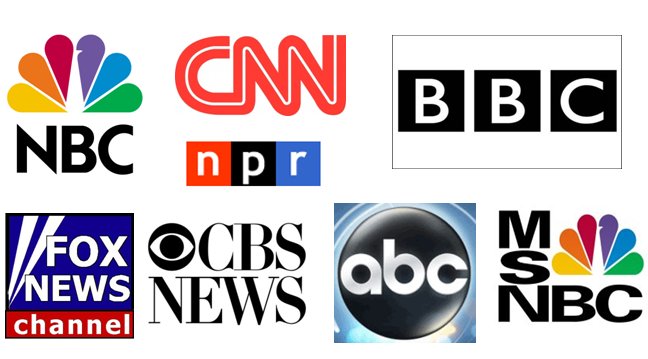Oil prices SURGE after Biden heard “discussing” military attacks on Iranian oil facilities
10/04/2024 / By Ethan Huff

The reason why gas prices across America shot up this week is because of statements made by President Biden suggesting that the United States will back Israel in targeting Iran’s oil production infrastructure.
When asked by reporters outside the White House if his regime supports an Israeli strike on Iran’s oil facilities, Biden responded with the words “we’re discussing that.” As he uttered them, the WTI crude price spiked, increasing by about five percent over the following three days.
Biden, “who may or may not still be president,” according to one media source, did say that he opposes an attack on Iran’s nuclear weapons sites. He also warned Iran not to attack any U.S. military bases in the Middle East.
Up until now, the oil market has been mostly and suspiciously unaffected by everything that is happening in the Middle East right now. Shipments of physical oil barrels continue as usual, though it should be noted that oil prices do not include any geopolitical risk premium.
Should Israel, with America’s support, start bombing Iran’s oil facilities, that could all change in an instant. Oil prices will likely skyrocket and supplies could be impacted just weeks before Election Day.
(Related: It looks like Biden and Kamala are trying to pull another Nord Stream-type of situation by ending all Gulf of Mexico oil exploration before their current term ends.)
If Israel strikes Iran, expect skyrocketing gas prices
Israel is keeping its retaliatory plans against Iran close to the chest. Speculation is running wild about what the Netanyahu regime plans to do, but we know that Israel has longstanding beef with Iran, OPEC’s third-largest oil producer.
Iran’s crude supplies constitute about one-fifth of global demand. Large amounts of liquefied natural gas (LNG) also pass through the Strait of Hormuz, which runs along the Iranian coast.
Many Middle East oil-producing nations, including Saudi Arabia, Iraq, the United Arab Emirates (UAE), Kuwait and Qatar all send their oil shipments through Iran’s Strait of Hormuz, which is one of the world’s key shipping waterways.
According to Rabobank’s Michael Every, “the list of Israeli targets proportionate to their escalation versus Hamas, Hezbollah, and the Houthis is very short,” with oil infrastructure topping the list of probable Israeli targets.
What this means, of course, is that if Israel proceeds with crossing another red line by bombing Iran’s oil infrastructure, the general public is going to get stuck with even higher prices at the pump.
“The simplest target is oil infrastructure to remove the earnings paying for its [sic] and its proxies’ weapons, and to destabilize the regime,” Every says.
“Yet Iranian state Telegram chatgroups, and an Iranian professor of literature (!) interviewed by the BBC, say if their oil is hit, they will burn Saudi, Kuwaiti, UAE, Bahraini, and Azerbaijani oil – an escalation threat we have been flagging as a fat tail risk since immediately after October 7.”
There is also the very real possibility that Israel goes after Iran’s nuclear sites as well. Even without U.S. backing, Netanyahu has made it clear that he plans to do whatever he wants, in essence, regardless of what the rest of the world thinks about it.
“This is not 1990,” wrote a commenter about how Iran is a lot more powerful than it used to be. “Iran has the ability to protect its assets via Russian S-400 air defense. Also, Iran can retaliate by destroying Israeli infrastructure.”
Another responded that this is probably not the case anymore now that Russia has deployed most of its S-400s to Ukraine.
“They can shoot down airliners with no problems,” this person wrote. “Missiles, not so much.”
More related news about the shaky global markets can be found at Collapse.news.
Sources for this article include:
Submit a correction >>
Tagged Under:
big government, chaos, Collapse, dangerous, energy, energy supply, fuel supply, Holy War, Inflation, insanity, Iran, Israel, Joe Biden, market crash, Middle East, national security, oil, panic, supply chain, violence, White House, World War III
This article may contain statements that reflect the opinion of the author
RECENT NEWS & ARTICLES
COPYRIGHT © 2017 RISK NEWS




















